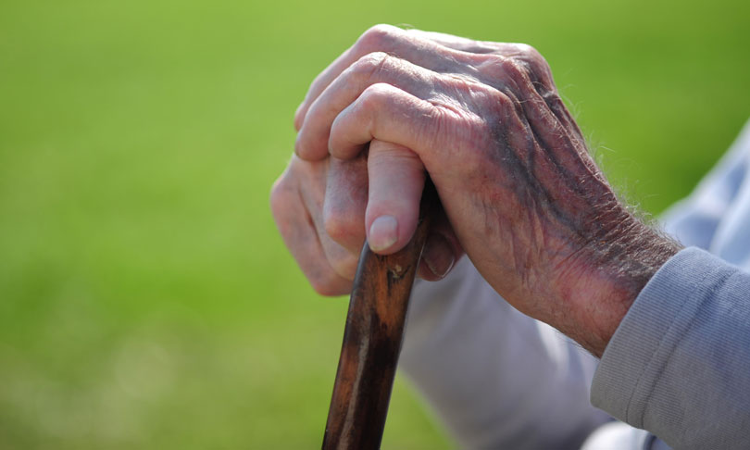
Representative Image
Bengaluru’s elderly struggle for healthcare amid gaps in public system: AIKYATA report
Bengaluru
Senior citizens in Bengaluru, particularly retired informal sector workers, continue to face daunting challenges in accessing basic healthcare, despite government schemes and the expansion of facilities such as Namma Clinics. A new report released by AIKYATA (Akhila Karnataka Vayovruddara Okkuta) highlights systemic gaps, from shortage of medicines and irregular staff payments to poorly planned facilities that remain inaccessible to the very elderly they are meant to serve.
Key findings
The survey covered 13 government health facilities—including general hospitals, Namma Clinics, primary health centres, and one tertiary hospital. While general hospitals were found to be reasonably functional with improved cleanliness, AIKYATA documented severe shortcomings in smaller facilities. Many Namma Clinics were hard to locate, placed in commercial zones, or on first floors with steep ramps—virtually unusable for senior citizens with mobility issues.
Wheelchairs and ramps were present in larger hospitals, but often inadequate, while toilets were either locked, poorly maintained, or shared between men and women—an unacceptable arrangement, particularly for elderly women.
Medicines and diagnostics
Access to free medicines, a critical need for seniors battling chronic illnesses, remains inconsistent. While pharmacies exist inside hospitals, patients are often asked to buy drugs from private shops nearby. In Namma Clinics, blood pressure and diabetes medicines are supplied for just 10–15 days, forcing patients either to skip doses or pay from their own pockets. Laboratory facilities, too, were found to be rudimentary, with outdated methods such as Sahli’s test being used for hemoglobin estimation instead of modern techniques.
Staffing and services
General hospitals had postgraduate students and interns posted in various departments, easing workloads but raising concerns about supervision. In contrast, staff at Namma Clinics reported going unpaid for up to three months and even having to fund basic supplies like cleaning materials themselves. Outpatient Departments (OPDs) function only during office hours (9 am–4.30 pm), leaving working relatives unable to accompany seniors without losing wages. Though BBMP once introduced evening OPDs, these were suspended during Covid and never revived.
“Maintaining office timings for health facilities is illogical. Senior citizens often need family members to accompany them, which is possible only in the evenings. Without evening OPDs, they are pushed into costly private care,” the report noted
Corruption and bribes
AIKYATA’s members also documented instances of bribery—patients being asked to pay between ₹250 and ₹1,500 to obtain age or disability certificates, which are prerequisites for government pensions. “It is ironic that poor elderly citizens must bribe officials just to access their meagre ₹1,200 monthly pension,” the report observed.
Food security concerns
The report strongly criticises the Karnataka government’s decision to outsource inpatient food services in three general hospitals to the Akshaya Patra Foundation. The NGO excludes nutrient-rich foods such as onions, garlic, eggs, and meat due to religious beliefs, which AIKYATA argues is unscientific and harmful for recovery of elderly patients who require protein-rich diets. Instead, the group urges the government to modernise in-house kitchens and provide balanced meals.
Recommendations
AIKYATA’s 13-point charter of demands includes: evening OPDs from 4–9 pm; reliable drug supply chains; need-based distribution of assistive devices; improved emergency transport; functional referral systems; and regularised staff salaries. The report calls for every senior citizen in Bengaluru to have a functional health facility within 500 metres of their residence.
The findings lay bare a troubling paradox: while the government pursues high-visibility projects like digitisation of health records, basic services—timely medicines, functional OPDs, nutritious food, and dignified treatment—remain elusive for Bengaluru’s ageing poor. Unless addressed with urgency, AIKYATA warns, the city’s most vulnerable will continue to pay the price of systemic neglect in their twilight years.
